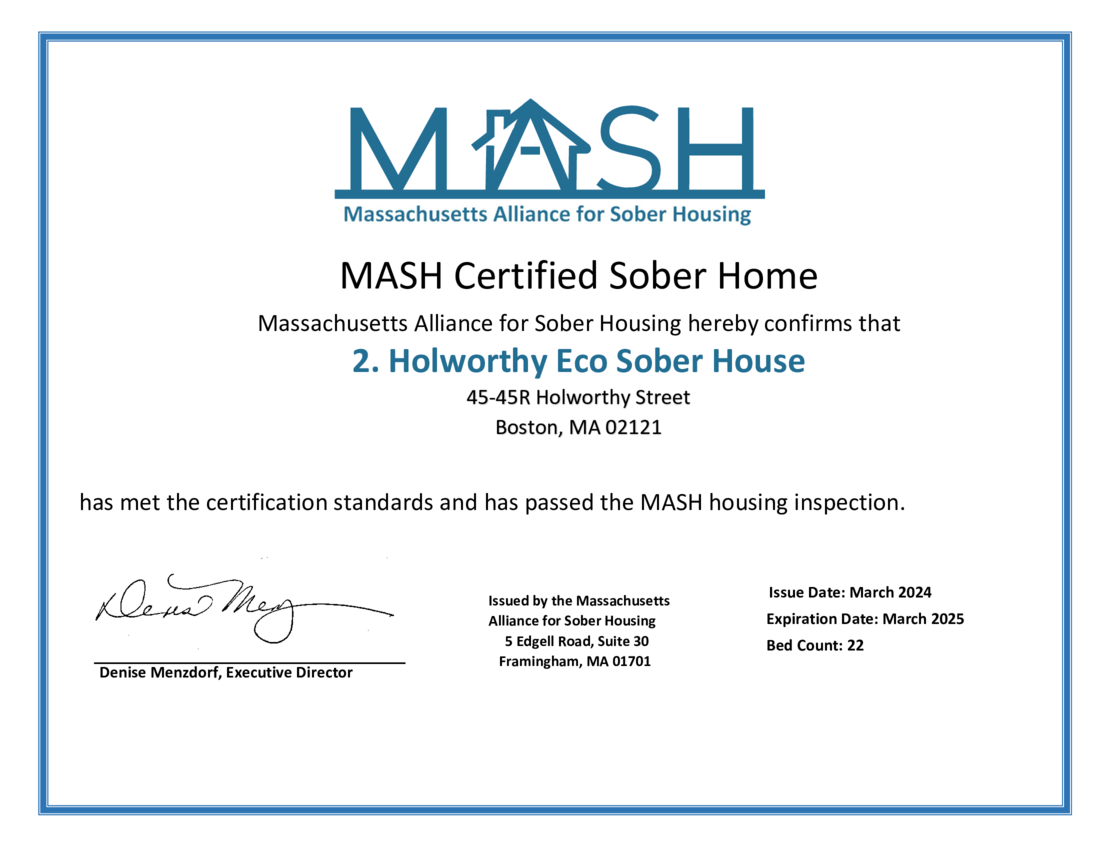


It is this spiritual emptiness that we often try to escape from through alcohol and other addictive behaviors, which can also make us physically ill. There are many persons in recovery who are not interested in discussing or even hearing about spirituality. In fact, they may tense up when they hear words like “God” and “spirituality.” This reaction may cause them to remember a past negative experience – an episode in their life that may cause them to recall a traumatic event they’d sooner rather forget. You are merely instructed to be open to the idea that you are not the end all be all, that there exists out in the universe something that is greater or more powerful than yourself. However, you choose to interact with that higher power is also up to you.
Many of us say that we have the right to do whatever we want to our own bodies. We somehow think this is freedom, but we’re really becoming a slave to our own desires. And—as many of us here in this room know—it’s not long until those desires are running our lives. It’s been medically proven that after a few days of not drinking, alcohol is completely processed out of the body.
In general, humans, like most species, have four fundamental or primary phenotypes (even these can be subdivided), or genetic expressions, that are reflected in our chemical soup, mitochondria, cells, tissues, organs, emotions, thoughts, behaviors, and relationships. Particularly notable spiritual malady to this discussion is what we look like in threat. In threat, we can be mobilized towards aggressive or reactive defenses or we can be immobilized into passive or submissive defenses. Both phenotypes are helpful for survival, but long-term defense states are ultimately destructive to us.

Finally, it is hypothesized that spiritual struggle will mediate the relationship between trauma and PTSD symptoms. Exploratory analyses are conducted to identify the strength and direction of the relationships between the subscales of spiritual struggle and PTSD symptoms. At Time 1, participants reported their history of trauma exposure using the Traumatic https://ecosoberhouse.com/ Life Events Questionnaire (TLEQ; Kubany et al., 2000) in order to anchor the baseline PTSD symptoms (see below) to an event. Like negative post-traumatic cognitions about the self, others, and the world, the construct of spiritual struggle represents negative religious cognitions about the self, God, and the world, and may thereby lead to PTSD symptoms.


We have to be aware of this phenomenon in everything we do and we have to be willing to look directly at this reality to be aware and correct course. The 12 Steps of AA are formulated to tackle and rectify spiritual malady, fostering spiritual awakening and recovery. The foundation of the 12-Step Program involves implementing a higher power in our lives, emphasizing the spiritual aspect of addiction recovery. From admitting powerlessness over alcohol to making a moral inventory and admitting wrongs, each step plays a crucial role in spiritual healing.
The pursuit of them dominated our lives, destroyed relationships, and caused greater desperation than we ever thought possible. We became selfish and self-seeking, ever thirsting for more, and this lust warped us on every level. But we were never satisfied, because but the living presence of God can quench our parched souls. Undoubtedly, the shadow network is reflected in our threat physiology—from our DNA to our predictive codes to our traumatic memories to our suppressions and repressions—and plays a large part in behavior, illness, disease, and aging. Integrating practices such as meditation, mindfulness, and acts of service into daily life can further enhance spiritual well-being and foster a sense of peace and purpose.
